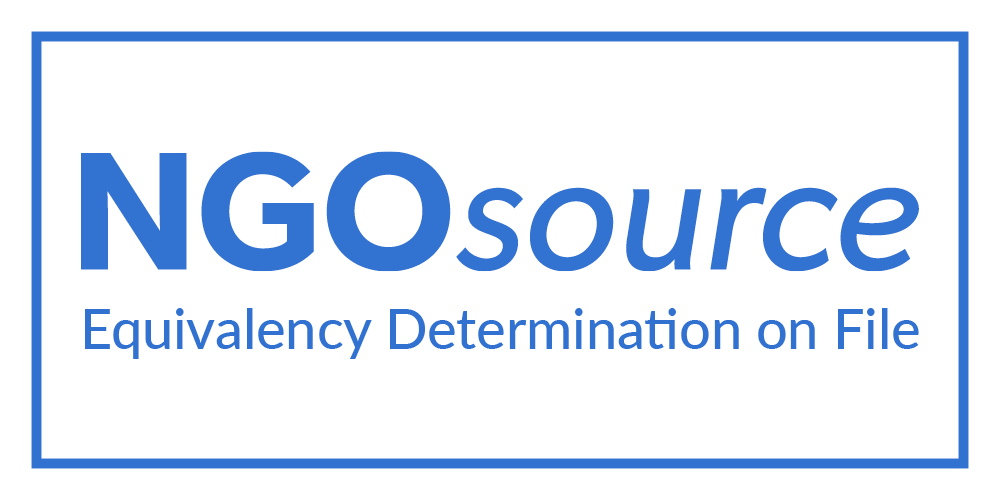Adolescents & Young People
A pilot study – Use of incentivized mobile technology to improve uptake of HIV testing services among 15 to 24-year olds.
Objectives
- Modify youth behaviour and promote their willingness to access HIV testing services
- Inform the development of a behavioural economics-based model where youth can access HIV testing services confidentially.
Methodological approach
Key Findings
Conclusions: HTS among youth could improve if service provision and incentives are tailored to their needs. Insights gained from this work can help with innovative interventions to improve uptake of HTS among youth.
Outputs
- South African AIDS Conference 2019: Exploring perceptions that motivate youth to access HIV testing services in South Africa: Qualitative findings from the Youth Action for Health (YA4H) study
- 10th IAS Conference on HIV Science:

Research area
Countries
Principal Investigator
Salome Charalambous (Co-PI);
Dr Chris Hoffmann (Co-PI)




